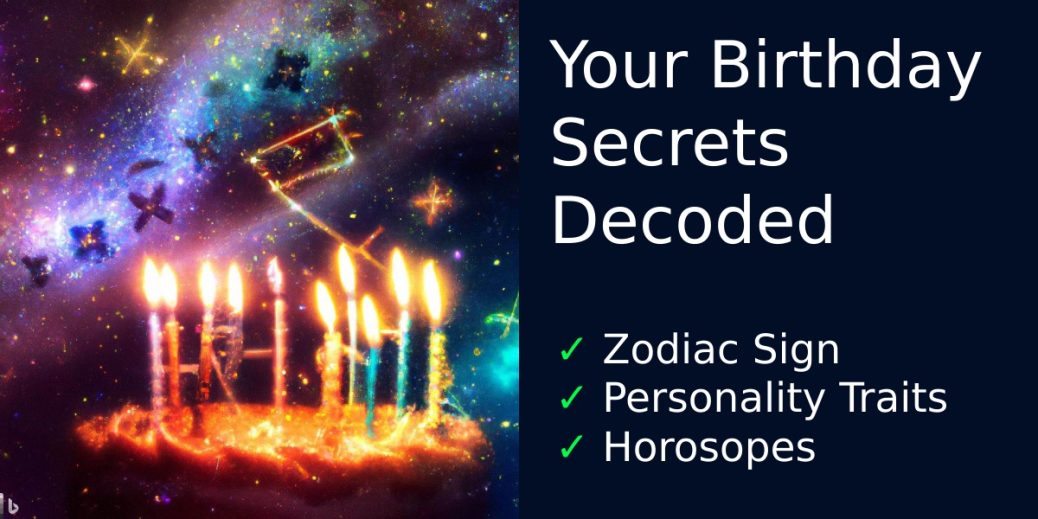Born in December 1991 - Zodiac Signs, Personality and Horoscopes

Please select your birth date for birthday analysis.
| S | M | T | W | T | F | S |
|---|---|---|---|---|---|---|
| 1 | 2 | 3 | 4 | 5 | 6 | 7 |
| 8 | 9 | 10 | 11 | 12 | 13 | 14 |
| 15 | 16 | 17 | 18 | 19 | 20 | 21 |
| 22 | 23 | 24 | 25 | 26 | 27 | 28 |
| 29 | 30 | 31 | ||||
December 1991 Tropical Ephemeris
Note: A person's zodiac sign typically refers to their Sun sign, Moon position is location and time sensitive.| Planet | Date Range | Zodiac Sign |
|---|---|---|
| Sun | December 1, 1991 to December 22, 1991 | Sagittarius |
| Sun | December 23, 1991 to December 31, 1991 | Capricorn |
| Moon | December 1, 1991 to December 2, 1991 | Libra |
| Moon | December 3, 1991 to December 5, 1991 | Scorpio |
| Moon | December 6, 1991 to December 7, 1991 | Sagittarius |
| Moon | December 8, 1991 to December 10, 1991 | Capricorn |
| Moon | December 11, 1991 to December 12, 1991 | Aquarius |
| Moon | December 13, 1991 to December 15, 1991 | Pisces |
| Moon | December 16, 1991 to December 17, 1991 | Aries |
| Moon | December 18, 1991 to December 19, 1991 | Taurus |
| Moon | December 20, 1991 to December 21, 1991 | Gemini |
| Moon | December 22, 1991 to December 23, 1991 | Cancer |
| Moon | December 24, 1991 to December 25, 1991 | Leo |
| Moon | December 26, 1991 to December 27, 1991 | Virgo |
| Moon | December 28, 1991 to December 29, 1991 | Libra |
| Moon | December 30, 1991 to December 31, 1991 | Scorpio |
| Mercury | December 1, 1991 to December 31, 1991 | Sagittarius |
| Venus | December 1, 1991 to December 6, 1991 | Libra |
| Venus | December 7, 1991 to December 31, 1991 | Scorpio |
| Mars | December 1, 1991 to December 31, 1991 | Sagittarius |
| Jupiter | December 1, 1991 to December 31, 1991 | Virgo |
| Saturn | December 1, 1991 to December 31, 1991 | Aquarius |
| Uranus | December 1, 1991 to December 31, 1991 | Capricorn |
| Neptune | December 1, 1991 to December 31, 1991 | Capricorn |
| Pluto | December 1, 1991 to December 31, 1991 | Scorpio |
| North Node (Rahu) | December 1, 1991 to December 31, 1991 | Capricorn |
| South Node (Ketu) | December 1, 1991 to December 31, 1991 | Cancer |
Chinese Zodiac Sign
Goat (羊)
Age
33 years and 0 months old
If you were born on 1st December, 1991, you are 33 years old as on December 1, 2024.
Your next birthday is 11 months away.
What happened in December 1991
- December 1, 1991: Ukraine voted overwhelmingly for independence from the Soviet Union in a referendum, marking a significant step in the dissolution of the Soviet Union.
- December 4, 1991: The last and longest-held American hostage in Lebanon was released, ending a years-long ordeal and highlighting the ongoing efforts to secure the release of hostages.
- December 8, 1991: Leaders of Russia, Belarus, and Ukraine signed an agreement officially ending the Soviet Union and establishing the Commonwealth of Independent States (CIS), marking a major geopolitical shift.
- December 11, 1991: Croatian forces killed 18 Serbs and one Hungarian in the village of Paulin Dvor, Croatia, escalating tensions and contributing to the ongoing conflict in the region.
- December 12, 1991: The Nigerian government relocated the capital from Lagos to Abuja, aiming to foster economic and political development in the new capital city.
- December 15, 1991: The Egyptian ferry Salem Express sank in the Red Sea, resulting in the tragic loss of more than 450 lives, highlighting the need for improved safety measures in maritime transportation.
- December 16, 1991: The UN General Assembly adopted UN General Assembly Resolution 46/86, repealing a previous resolution that had deemed Zionism a form of racism, demonstrating a shift in international perspectives on the issue.
- December 19, 1991: Paul Keating defeated Bob Hawke in a Labor Party leadership ballot, becoming the new Prime Minister of Australia, marking a change in political leadership and policy direction.
- December 21, 1991: The North Atlantic Cooperation Council (NAC-C) convened for the first time, facilitating dialogue and cooperation between NATO member states and former Warsaw Pact countries, fostering regional stability and security.
- December 22, 1991: Armed opposition groups launched a military coup against Georgian President Zviad Gamsakhurdia, leading to political instability and a power struggle within the country.
- December 24, 1991: Russian SFSR President Boris Yeltsin sent a letter to UN Secretary-General Javier Pérez de Cuéllar, declaring Russia as the successor state to the collapsing Soviet Union in the United Nations, ensuring continuity of diplomatic relations.
- December 25, 1991: Mikhail Gorbachev resigned as president of the Soviet Union, marking the formal end of the 69-year-old state and the dissolution of the Soviet Union, leading to a new era of geopolitical dynamics.
- December 26, 1991: The Supreme Soviet met for the last time, formally dissolving the Soviet Union and ending the Cold War, marking a significant turning point in global politics and international relations.